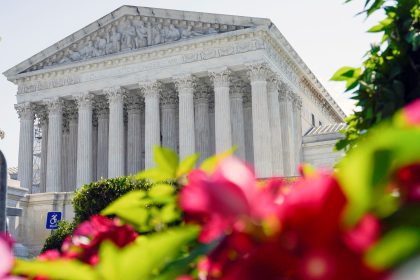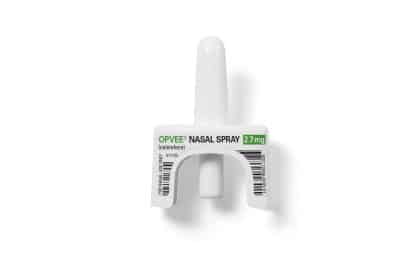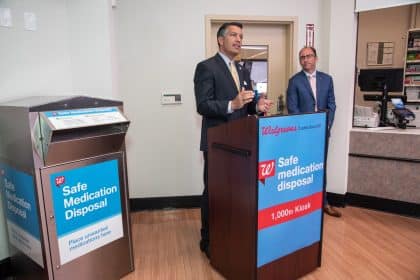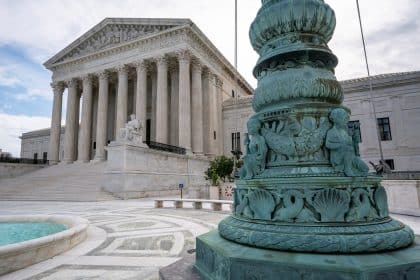Senate Grapples with Spiraling Opioid Epidemic

WASHINGTON — A U.S. Senate committee sought answers again Tuesday on how to stop a nationwide crisis of opioid addictions while acknowledging their previous efforts have largely failed.
A record 61,300 people died from drug overdoses in 2017 in the U.S., up from 54,800 a year earlier, according to the Centers for Disease Control and Prevention. Opioids — a powerful painkiller — were blamed for about 70 percent of the overdose deaths.
Sen. Joni Ernst, an Iowa Republican, called opioids “the leading cause of injury-related death in the United States” during the Senate Judiciary Committee hearing.
She spoke about previous government efforts to fight the epidemic, such as the Support for Patients and Communities Act and the 21st Century Cures Act. Nevertheless, an average of 130 people die of opioids in the United States daily, she said.
“The federal government is just one aspect to combatting this crisis,” she said.
Congress is considering proposals that lawmakers call the “whole-of-government approach.”
Rather than assigning single agencies to handle the problem, the federal government would coordinate anti-drug addiction efforts across multiple agencies and jurisdictions.
“We’ve got to use all available resources,” said Sen. Dianne Feinstein, a California Democrat.
This week she introduced a bill that would require pharmacists to report all prescriptions they fill for controlled substances to the federal government. She said the bill would give regulators notice of doctors who over-prescribe opioids, sometimes turning pharmacies into what she called “pill-mills.”
However, she did not say she expected her proposed legislation to end opioid epidemics.
Instead, she told witnesses from among government agencies, pharmaceutical trade groups and nonprofit organizations, “If you have a solution or thought, I think we’d be very interested in hearing them.”
Kemp L. Chester, assistant director for the Office of National Drug Control Policy, said in his testimony, “These challenges are not insurmountable, but they cannot be solved by the federal government alone or by individual federal departments and agencies.”
One strategy used by his office has been organizing the National Opioids and Synthetics Coordination Group which leads regular stakeholder meetings among groups such as the FBI, Drug Enforcement Administration, the Justice Department and their counterparts in China who try to stop illegal imports.
Chester said the meetings “allow us to understand the environment, identify trafficker vulnerabilities and public health challenges and close the gaps in our own capability.”
Amanda Liskamm, director of Opioid Enforcement and Prevention Efforts at the Justice Department, said the department last year elevated opioids known as “fentanyl-like substances” to a Schedule I classification. It means possession and sale of synthetic drugs are pursued and prosecuted most vigorously by law enforcement agencies.
Fentanyl is the brand name for a common opioid.
“Fentanyl is approximately 100 times more potent than morphine and some of the illicit substances structurally related to fentanyl tend to be even more potent than fentanyl itself,” Liskamm said.
Other Justice Department efforts have included dismantling “dark” web sites used to conceal information from illicit drug suppliers to their customers.
Since the FBI started watching for the sites in January 2018, “there have been two successful takedowns,” Liskamm said. In the most recent last April, 61 people were arrested.
Justice Department agencies also are stepping up their enforcement against Mexican cartels and Chinese suppliers of opioids, she said.
with suggested more aggressive prevention efforts against addictions.
“Research shows that for each dollar invested in prevention, between $2 and $20 in treatment and other health costs can be saved,” Thau said. “Unfortunately, substance use prevention has historically been under-resourced and underutilized in combating drug issues.”
The prevention relies largely on public education campaigns and developing unique strategies for each community to decrease access to opioids, she said.























